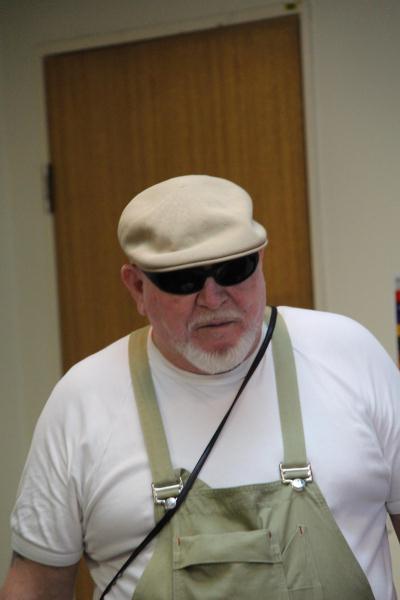
By MELISSA MEEHAN
THEY’VE bought the Angliss Hospital new pillows for each and every ward, but that’s just the beginning.
Members of the Angliss Hospital Ferntree Gully Auxiliary looked back on another successful year at their AGM last week, celebrating yet another successful 12 months.
The group handed over a cheque for more than $66,000 to go towards a humidifier, ECG machine and ventilator, and other items.
The Angliss Hospital has now received more than $1.3 million from the group since 1961.
President Colleen Marke reported that 2013 had been another fantastic year, citing a few new ideas and activities as being the most rewarding.
Jenny Waite from the Special Care Nursery gave those who attended an insight into how their fundraising helped those in the hospital.
She gave a presentation on one of the $30,000 ventilators her ward received last year from the auxiliary.
“This machine is state-of-the-art and can help us with very unwell babies,” Ms Waite said.
“We have 2220 births a year at the Angliss and this piece of machinery can really help those who need it most.”
Angliss nurse Veronica Baker works in the operating theatres and thanked everyone who volunteered their time.
Angliss Hospital chief of site and clinical operations Ben Kelly said it was important that the auxiliary’s great work was acknowledged.
He said that volunteers should keep their eyes open for big things in the future.
“We’re currently working to increase our capacity,” Mr Kelly said.
“Our wards could do with an update and we’re working hard on that.
“We are also in talks about the needs of our local community until 2022, you could say a blueprint of the future.”
He said that the aim was for the masterplan to meet the needs of the community.
“We want to have more theatres, this means we can increase the numbers of emergency and elective procedures as well as more complex procedures,” he said.
“The future of the Angliss is bright and, while we have no funding commitments just yet, we’re in a strong position to go forward.”






